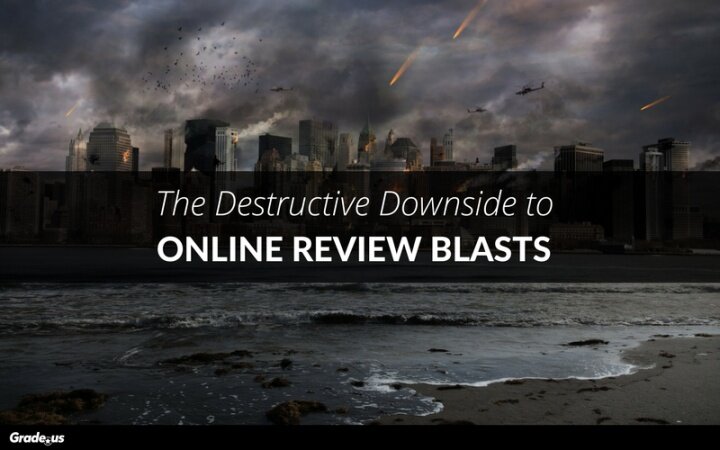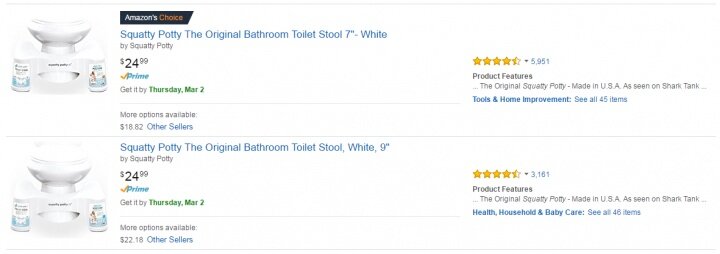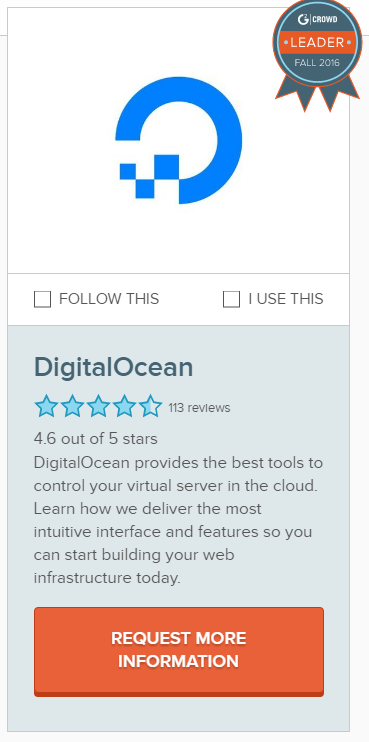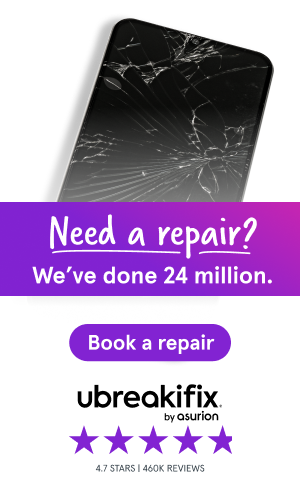- Joined
- Mar 15, 2016
- Messages
- 474
- Reaction score
- 252
The Destructive Downside to Online Review Blasts

Read the rest of Andrew's post here.
What are your thoughts on Online Review email blasts?
Have you ever seen credible reviews flagged as fraudulent because your client received too many in a short period of time?







?You just got told b*tch ? welcome to the real internet.?
It?s 2011. Paul Christoforo, owner of Ocean Marketing is handling customer service for his client N-control. They?re the makers of the popular Avenger controller accessory, an add-on that improves gaming speed.

N-control promised to deliver their products to customers by Christmas.
Only they couldn?t.
Dave, an Avenger customer, was naturally upset. He reached out to the company for an eta on his order. He got a healthy dose of vitriol instead.
Christoforo?s outburst went viral
The story spiraled out of control as Christoforo clashed with Kotaku, Engadget, IGN, PAX and other huge gaming brands.
He continued to make things worse.
December 27, 2011.@OceanMarketting Please refrain from referring to me or IGN as support for you, your company or your clients. You do not have it.Christoforo was publicly humiliated. His company eventually went out of business as his remaining clients fled.
But N-Control paid the price.
Internet mobs attacked Christoforo?s client
Eli Schwartz, N-Control?s new marketing manager, spent the entire day trying to do damage control.
?So far the Amazon rating on the Avenger has gone from 4 and 1/2 to 1 star in around 8 hours. None of the reviews are true, they all just appeared today out of pure hate trolling.?
The damage was swift.
N-Control was finished, the reviews would bury their product permanently, right?
Wrong.
Amazon eventually removed the negative reviews associated with this PR disaster and customers continued to buy.
The negative review blast didn?t have?
? Staying power.
This story exposes a crucial point about online review blasts. Most of the time, they don?t have the staying power they need to make a long term impact.
Which usually means one of three things will happen. The reviews will be?
1. Discounted by publishers. N-Control explained their situation, showing they had taken steps to rectify their problem. They were able to get the vast majority of hate reviews taken down.
2. Discounted by customers. Customers are savvy shoppers. These days, they?re smart enough to spot a review blitz when they see it. Their skepticism grows regardless of whether the reviews are overwhelmingly positive or negative.
3. Viewed as unbelievable. Customers are naturally risk averse. Research shows customers are far more focused on avoiding pain than looking for any positive benefits. Online review blasts are often viewed as unbelievable, leading customers to ignore them (and the product) completely.
These factors make review blasts a risky proposition. What about the review blasts that actually work?
Let?s look at four products to answer that question.
The Squatty Potty has tens of thousands of reviews, across multiple products on Amazon and other sites.

What?s interesting about these reviews is the fact that many of them appeared around the same time. It certainly looks like a review blast and it?s worked very, very well for them.
Digital Ocean created cloud hosting for developers. Their service focuses on making it simple and easy for developers to publish their apps.

They?ve received an incredible amount of reviews, good will and publicity in the industry, quickly becoming a contender in cloud hosting.
PooPourri is a hilarious yet remarkably effective fragrance that hides the smell of poo. It?s especially popular with women, the brand?s target audience.

They have tens of thousands of reviews. A large chunk of their reviews appeared at around the same time, just like the Squatty Potty.
Dollar Shave Club runs a well known subscription service. They took the shaving world by storm, stealing market share from bigger more established competitors like Gillette.

What?s amazing about their service is the fact that they have 30,700+ reviews. 98 percent of their customers would recommend Dollar Shave Club to a friend.
These are the success stories. They show that an online review blast can work, if it?s handled properly, right?
Wrong.
These success stories actually make a case for a slow, steady methodical approach to reviews.
Here?s why.
They used a triggering event to drive sales
Each of the businesses, products or services I?ve shared had a positive triggering event. A unique situation that generated an intense amount of curiosity, attention and goodwill.
Dollar Shave Club went viral after they published a clever ad highlighting their service.
[video=youtube;ZUG9qYTJMsI]https://www.youtube.com/watch?v=ZUG9qYTJMsI&feature=youtu.be[/video]
Squatty Potty uses the same exact strategy?
[video=youtube_share;YbYWhdLO43Q]https://youtu.be/YbYWhdLO43Q[/video]
And PooPourri?
[video=youtube_share;ZKLnhuzh9uY]https://youtu.be/ZKLnhuzh9uY[/video]
And Digital Ocean?
[video=youtube_share;vHZLCahai4Q]https://youtu.be/vHZLCahai4Q[/video]
Starting to see a theme?
Each of these brands received an overwhelmingly positive surge of reviews. Those reviews were triggered by great marketing.
Groundbreaking, I know.
But my point here is this. Customers and publishers are smart enough to recognize a triggering event that?s genuine vs. one that?s negative or artificial.
Read the rest of Andrew's post here.
What are your thoughts on Online Review email blasts?
Have you ever seen credible reviews flagged as fraudulent because your client received too many in a short period of time?






